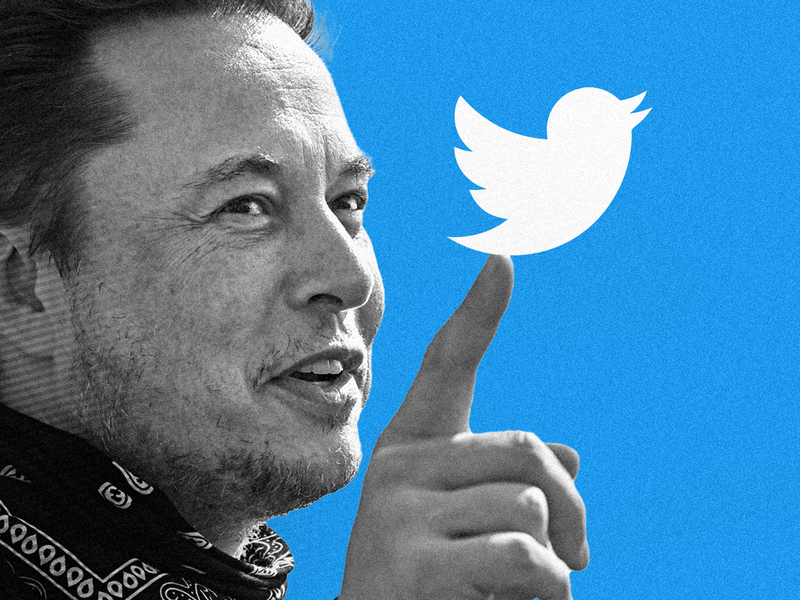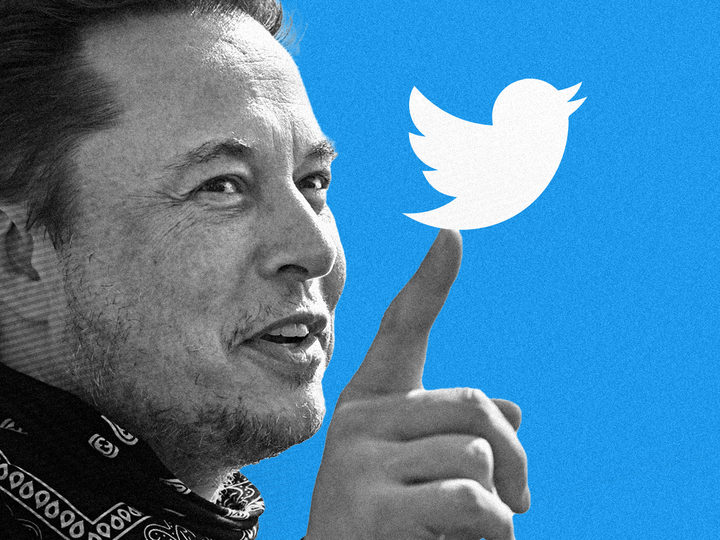

The debt bundle for the Twitter deal includes junk-rated loans, that are dangerous due to the quantity of debt the corporate is taking over, in addition to secured and unsecured bonds (Illustration: Rahul Awasthi)
Folks accustomed to the matter stated the banks offering $13 billion in financing for Tesla CEO Elon Musk‘s acquisition of Twitter Inc. have deserted plans to promote the debt to buyers due to uncertainty across the social media firm’s fortunes and losses.
The banks will not be planning to syndicate the debt, as is typical with such acquisitions, and are as a substitute planning to maintain it on their steadiness sheets till there’s extra investor urge for food, the sources stated.
The banks, which embrace Morgan Stanley and Barclays Plc, didn’t reply to requests for remark. Bank of America declined to remark. Representatives for Musk and Twitter didn’t instantly reply to requests for remark.
Learn Additionally


Musk agreed to pay $44 billion for Twitter in April, earlier than the Federal Reserve began elevating rates of interest in a bid to battle inflation.
This made the acquisition financing look too low-cost within the eyes of credit score buyers, so the banks must take a monetary hit totaling a whole bunch of hundreds of thousands of {dollars} to get it off their books.
Additionally stopping the banks from advertising the debt was uncertainty across the deal’s completion. Musk has tried to get out of the deal, arguing Twitter misled him over the variety of spam accounts on the platform, and solely agreed to adjust to a Delaware court docket choose’s Oct. 28 deadline to shut the transaction earlier this month.
He has not revealed particulars on Twitter’s new management and marketing strategy, and lots of debt buyers are holding again till they get extra particulars on that entrance.
The debt bundle for the Twitter deal includes junk-rated loans, that are dangerous due to the quantity of debt the corporate is taking over, in addition to secured and unsecured bonds.
Rising rates of interest and broader market volatility has pushed buyers to keep away from some junk-rated debt. For instance, Wall Road banks led by Financial institution of America suffered a $700 million loss in September on the sale of about $4.55 billion in debt backing the leveraged buyout of enterprise software program firm Citrix Techniques Inc.
In September, a gaggle of banks canceled efforts to promote about $4 billion of debt that financed Apollo World Administration Inc’s deal to purchase telecom and broadband property from Lumen Technologies after failing to seek out consumers.
FbTwitterLinkedin






